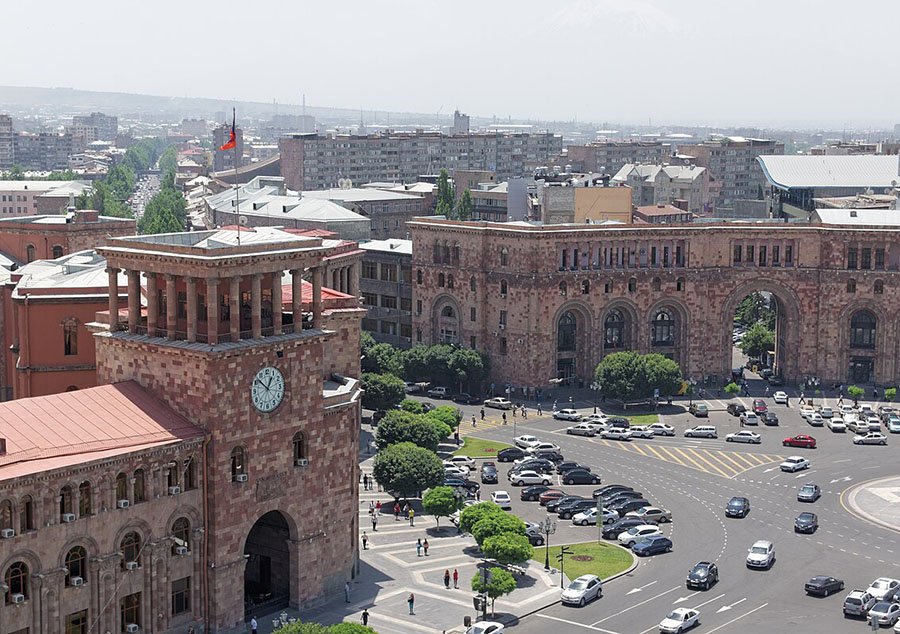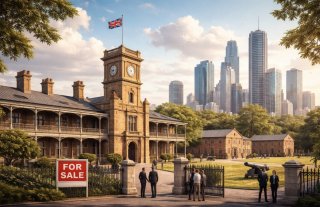read also
New Rules for Temporary and Permanent Residence in Armenia: What Will Change in 2026

Photo: Wikipedia
Armenia is fully updating its immigration rules: starting from 1 August 2026, the procedure for obtaining temporary and permanent residence will change, along with new requirements for individual entrepreneurs, investors, workers, students and families. This is the largest reform in recent years, and it will affect all foreigners who live in Armenia or are planning to relocate.
Main Residence Statuses
The new law, the draft of which is published on the Parliament’s website, introduces a system with two primary statuses — temporary and permanent. The current structure is more varied, offering several options with different conditions and validity periods. One of the most popular options remains Armenia’s temporary residence based on individual entrepreneurship (IE), which has so far been obtained relatively quickly and easily.
Once the reform takes effect, the main long-term status will become a five-year permanent residence permit. To obtain it, an applicant will need to reside in the country for three years under a temporary permit. For entrepreneurs applying for temporary residence, financial requirements are introduced: they must demonstrate an IE turnover of at least 1 million drams ($2,624) over the past 60 days or maintain the same amount on IE accounts throughout the validity of the status.
Ethnic Armenians retain the right to obtain long-term residence based on origin without the preliminary temporary stage. This will now be issued as a standard five-year permanent residence permit.
Other Types of Residence
Work — Armenia is switching to an annual quota system and introducing a separate work visa. Those who come to the country specifically for employment will need to enter on this visa rather than on a tourist one, so that the purpose of entry corresponds to the residence they apply for.
Family — the main applicant must be an adult who already holds Armenian citizenship or a residence permit. The practice where parents obtained residence based solely on a child’s status will no longer apply: a child’s status can be supplementary, but not the main basis for the entire family.
Education — temporary residence will be available not only to university students but also to participants of research projects, internships, educational programmes and innovation initiatives. This makes the system more attractive for young professionals, start-ups and the academic community.
Investors and applicants with special merits will be able to obtain a five-year residence permit immediately. Investors will be eligible for a fast-track route once they meet requirements that the government will define separately. Applications from individuals with special achievements will be considered on a case-by-case basis.
Additional Details
All procedures will be moved to a single online portal where applications for any type of residence can be submitted. The format will be fully electronic, but once the application is approved, a personal visit will still be required to submit biometric data.
The cost of temporary residence will be 150,000 drams ($394), and permanent residence — 250,000 drams ($656). Visa fees, including work and multiple-entry visas, are also being revised.
Foreigners with temporary or permanent residence must report if they stay outside the country for more than 183 consecutive days. The notification is submitted online, and failure to do so may lead to termination of the status. This rule does not apply to investors and holders of permanent residence granted for special merits.
Until 1 August 2026, the current rules remain in force, and all applications submitted before this date will be processed under the existing conditions. All previously issued residence cards remain valid until their expiration.
Global Trends
Analysts from International Investment note that Armenia has followed the global trend of updating rules for foreign residents. The most significant changes will affect individual entrepreneurs, who will now need to confirm financial capacity and real business activity. It is still too early to say whether this will trigger large-scale relocations: the reform is much softer than, for example, in Montenegro, where small entrepreneurs were required to hire at least three employees.
At the same time, Armenia maintains key conveniences — visa-free entry for up to six months for citizens of many countries, the continued possibility of visa runs, and temporary registration at the place of residence, which allows for longer stays. In neighbouring Georgia, the rules are more flexible: citizens of around 100 countries can stay visa-free for an entire year, although residence and work-permit regulations there are also being updated.
This reflects a global process taking place in many countries as they work to streamline and systematise the stay of foreign nationals. Migration policy will no longer be the same.








